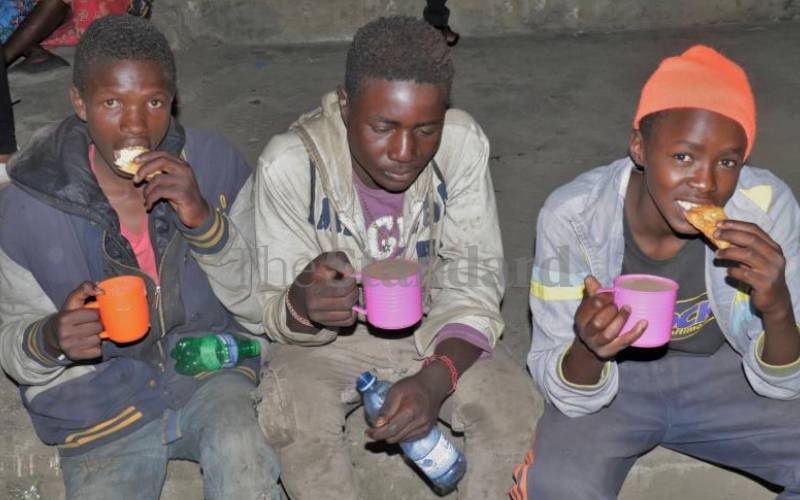×
The Standard e-Paper
Stay Informed, Even Offline

Generosity should not be discriminative. Class, status or tribe should not be the lighthouses to kindness. [Daniel Chege, Standard]
When hosting global events, we move street families from our cities because we want to make a tidy impression. These families stand in the way of the show we would want to display. When they are moved we comment on just how beautiful the streets are. The dirt is swept. When we see them encroaching back, we say how bad it is now that the hazard is returning.